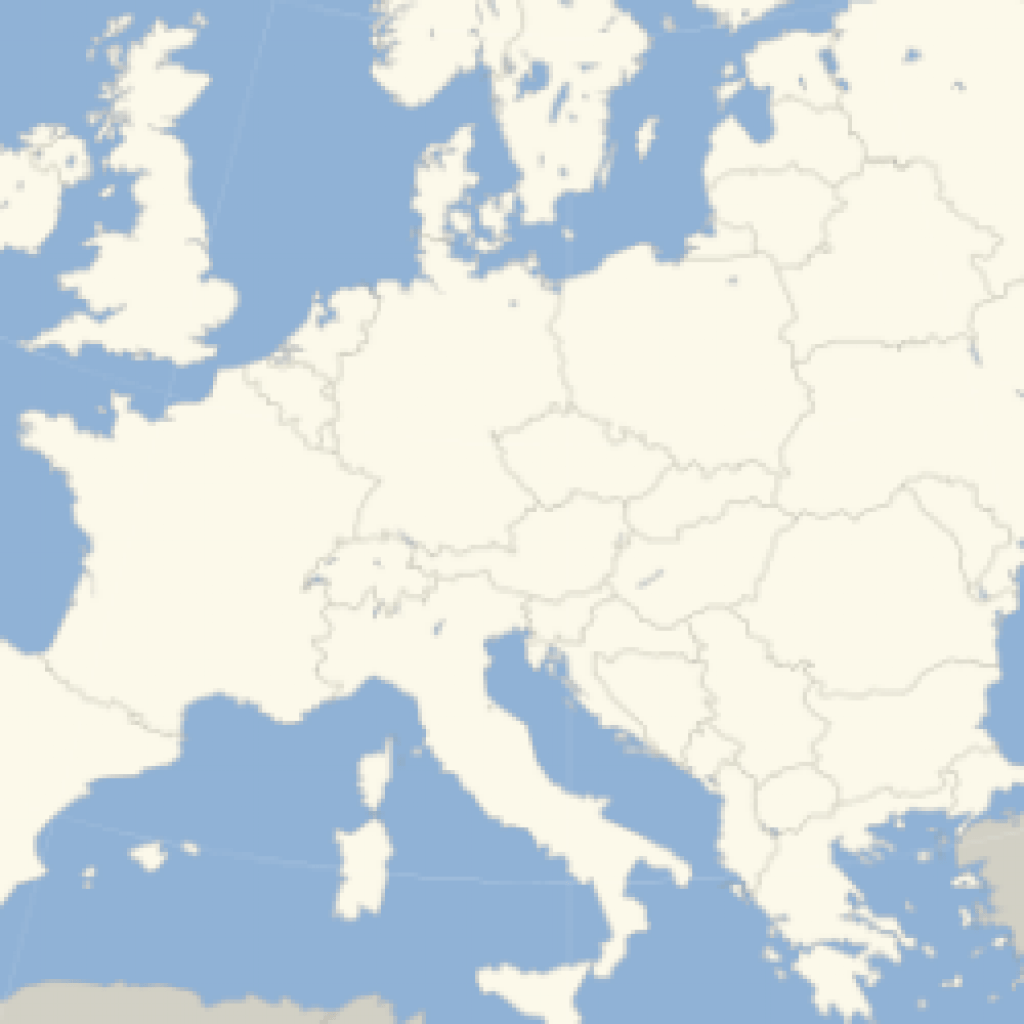(Reuters) Angela Merkel, the outgoing German chancellor told Reuters in an interview that the costs of moving to the next level in areas from chip development to cloud and quantum computing and battery production meant that the private sector would need state support. The Reuters interview summarizes: EU states cannot afford next-gen technology individually
Merkel herself conducted fundamental research in quantum chemistry in East Germany before entering politics after German reunification in 1990. She pointed to Korea, Taiwan and U.S. President Joe Biden’s stimulus package as examples of what was possible.
“The state will have to play a significant role. South Korea and Taiwan go to show that competitive chip production in the 3- or 2-nanometer range, for example, is essentially impossible without state subsidies,” she said.
She also lamented the failure of German companies to capitalise on an outstanding research base.
“But in the long term it cannot be the state that drives new developments,” the European Union’s longest-serving leader said.
Germany’s sprawling, decentralised government structure could also be a hindrance to innovation.
Merkel said the presence of an ethics council and data protection officer in each of the 16 federal states put a heavy burden on firms in life sciences, for instance, where Germany had fallen behind.
It was, however, at the leading edge of research in areas such as quantum physics, climate research, physics, chemistry and robotics, she said.
Merkel: Europe must work together to stay at forefront of high-tech areas including quantum technology
